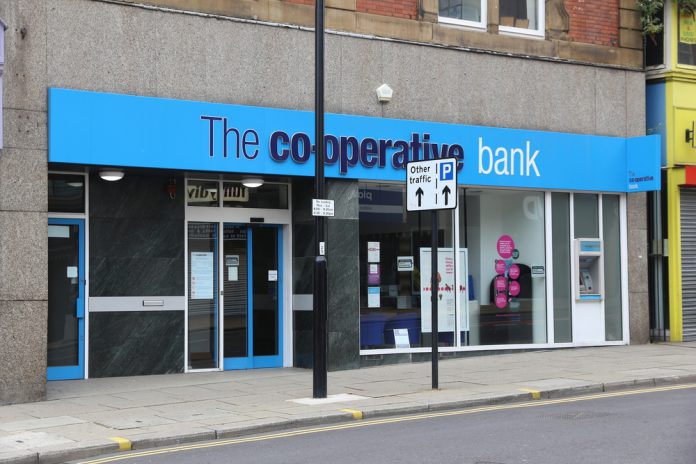The Co-operative bank is in “advanced discussions” with investors, hoping to raise new funds.
The troubled bank is continuing its search for a rescue plan as it hopes to find a solution without state intervention.
“The bank notes recent media speculation and confirms that is in advanced discussions with a group of existing investors with a view to a prospective equity capital raise and liability management exercise,” said the Co-op.
“The formal sale process continues. The bank continues to fully discuss both the sale process and the capital raise options with the Prudential Regulation Authority (PRA), which has welcomed the sale and capital raise process.” the lender added.
The potential deal will result in some investors exchanging debt for equity in the lender at a loss, which will raise an estimated £450 million, according to bankers. The Co-operative must also raise between £250 million -£300 million in new equity.
As well as current discussions with their existing investors, the lender has said it will still push ahead with a formal sale process. Bankers briefed on the plan have said that the pension fund liabilities are a key concern for prospective buyers.
However, news did emerge last week that Co-op had been approached by a possible takeover by a Qatari company, Al Faisal Holding, who are working with Interritus, a Swiss investment group.
The troubled lender, in which the Co-operative Group still has a 20 percent stake, almost faced collapsed back in 2013 after it had discovered a £1.5 billion black hole in its finances. It was later rescued by several US hedge funds. Since then the bank, which is now led by the chief executive Liam Coleman, have not been successful in turning its fortunes around.
Earlier in 2017, the bank reported its fifth consecutive annual loss, although the £477 million deficit for 2016 was an improvement on the £610 million loss recorded in 2015.

